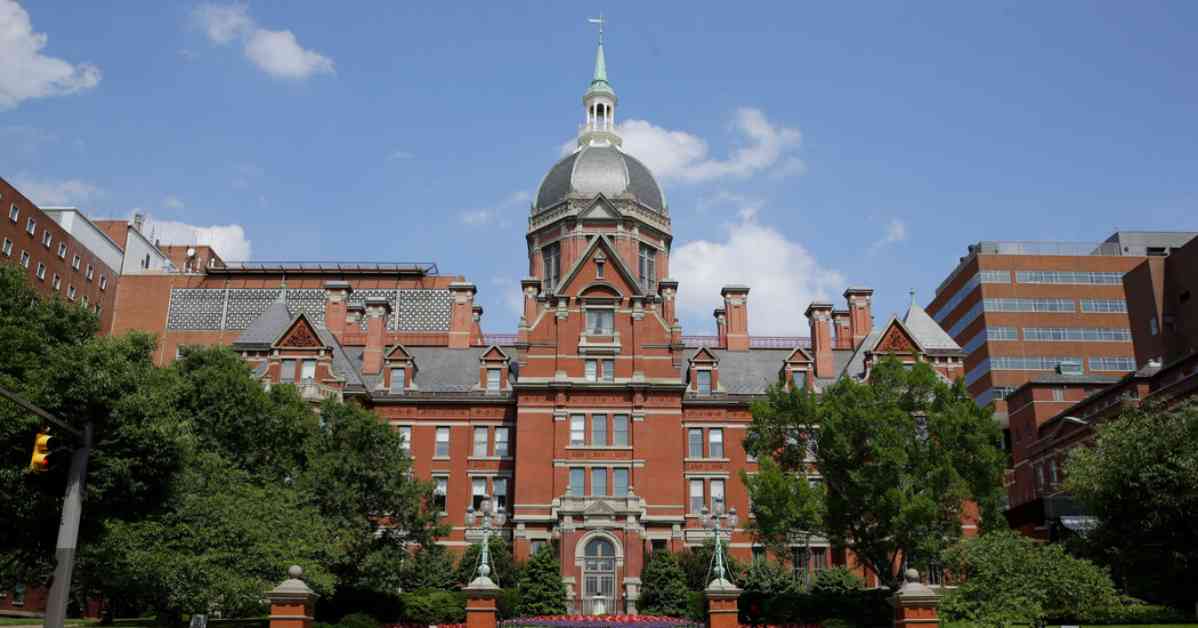A recent announcement from Bloomberg Philanthropies has shaken up the medical education world by offering free tuition for Johns Hopkins medical students, but with a catch. The $1 billion donation will cover tuition costs for most students, as long as their families earn less than $300,000 a year.
This move mirrors similar donations made to medical schools in the past, such as Ruth Gottesman’s $1 billion gift to Albert Einstein College of Medicine and Kenneth G. Langone’s $100 million contribution to New York University’s medical school. However, the key difference lies in the means-testing aspect of Bloomberg’s donation, which only benefits students from families below the income threshold.
Before this donation, Johns Hopkins medical students were facing a hefty tuition bill of around $65,000 per year for four years. When factoring in living expenses and fees, the total cost of attending could soar to over $102,000 in the first year alone. This raises questions about why $300,000 was chosen as the income cutoff and whether students should be dependent on their wealthy parents for tuition.
According to Mr. Bloomberg’s aides, the $300,000 threshold was carefully chosen to maximize the impact of the $1 billion gift. The goal was to strike a balance between helping students in need and ensuring the sustainability of the program in the long run.
While free tuition for medical students is undoubtedly a step in the right direction, the means-testing approach has sparked a debate about fairness and equality in medical education. Should access to free tuition be based on income, or should it be universally available to all students, regardless of financial need?
As the landscape of medical education continues to evolve, it will be interesting to see how other institutions respond to this trend of large-scale donations and the implications they have on the future of medical training. The ultimate goal should be to create a system that provides equal opportunities for all aspiring doctors, regardless of their socioeconomic background.




